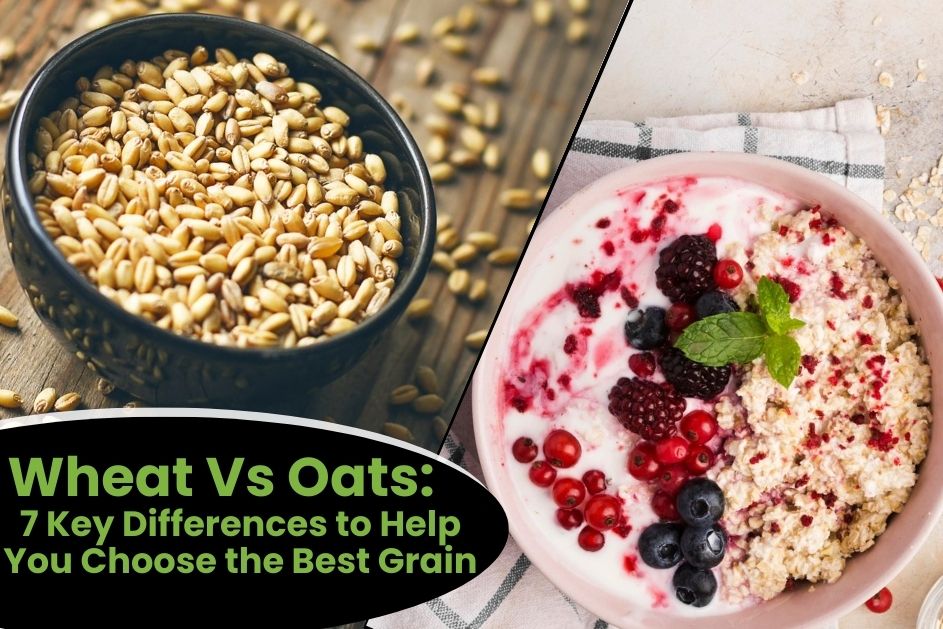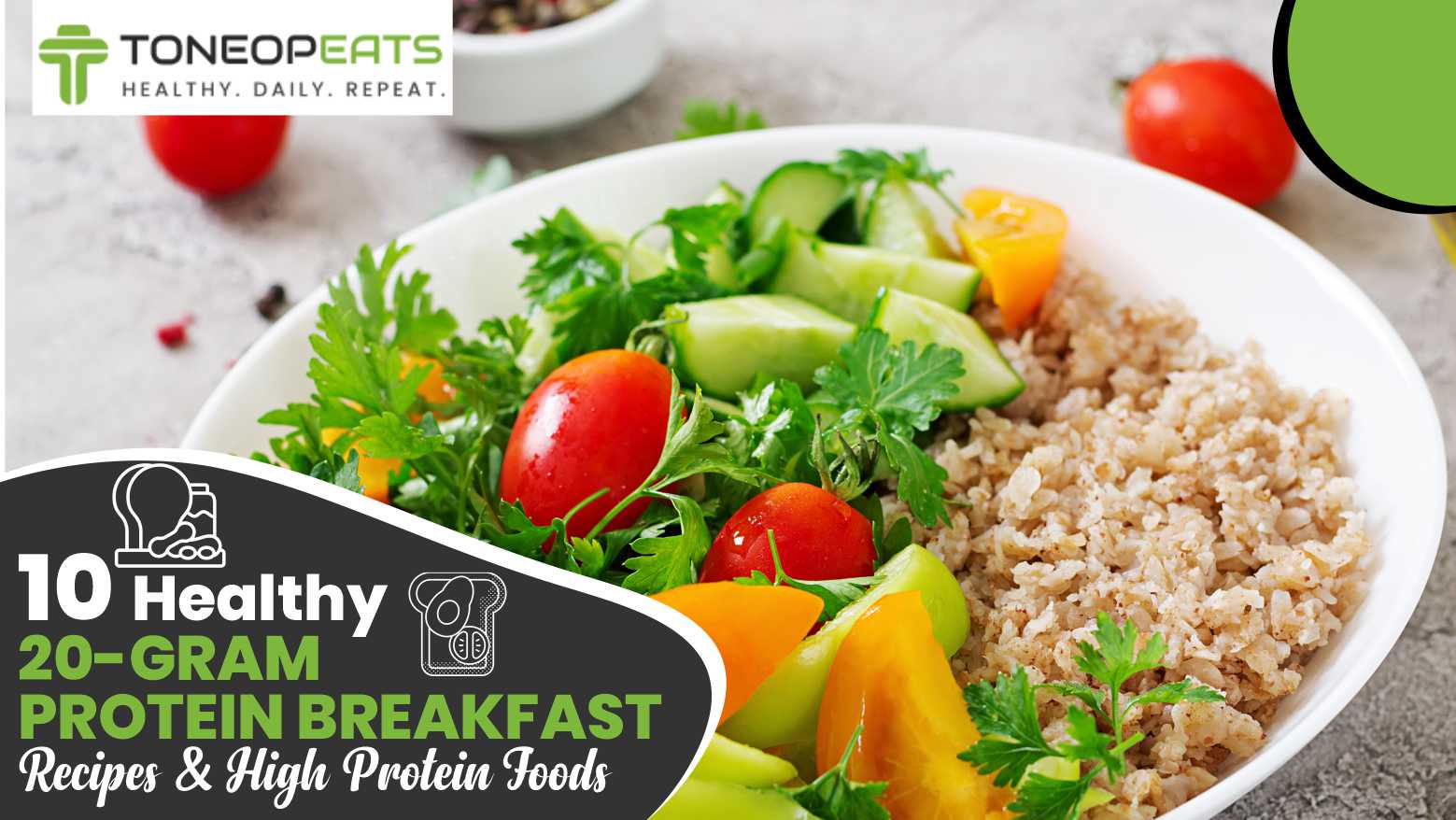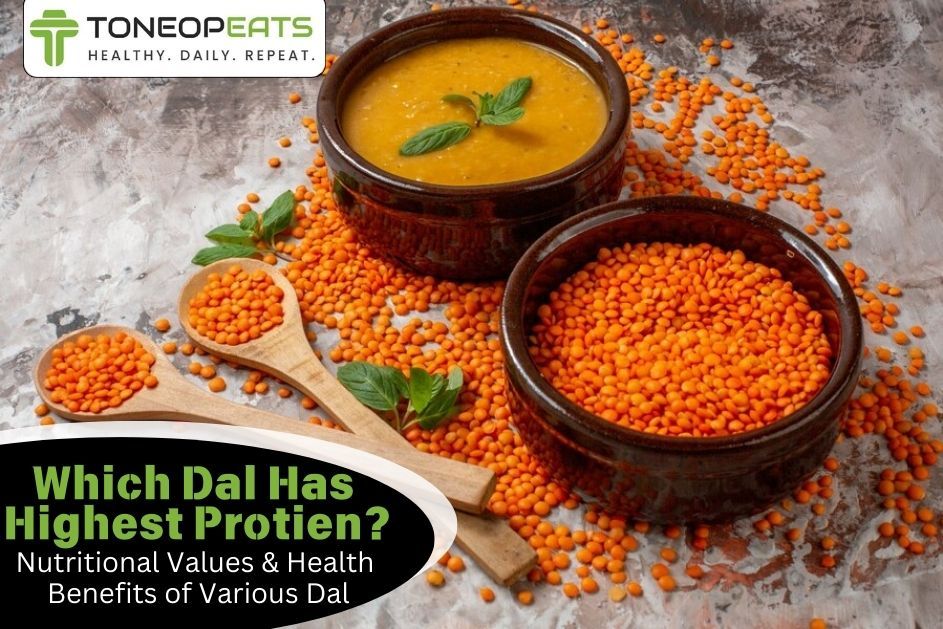Eggs are one of the most consumed sources of animal protein, thanks to their availability and affordability, which makes them easy to buy anywhere.
Additionally, eggs have impressive nutritional values and a complete protein profile, containing all nine amino acids. This gives eggs multiple health benefits, which is why several vegetarians make an exception for them and include eggs in their diets. In fact, some people even believe that eggs are not non-vegetarian!
They can be consumed in various forms: boiled, fried, scrambled, in baked goods, or as part of processed food products.
In this blog, we will look at egg benefits and side effects!
Table Of Contents
- Top 9 Health Benefits Of Eating Eggs
- Potential Side Effects of Eating Eggs
- Why Does My Stomach Hurt After Eating Eggs?
- The Final Say
- FAQs
- References
Top 9 Health Benefits Of Eating Eggs

Eggs are a powerhouse of nutrition. Let’s take a closer look at them:
1. High-Quality Protein
Eggs are famous for their high-quality lean protein profile, containing all nine essential amino acids. This makes eggs a perfect inclusion in any high-protein diet for muscle building, as they are a complete protein source important for muscle growth, repair, and overall body function.
One large egg contains nearly 6 grams of protein, with the egg white (albumen) containing nearly 3.6g of protein and the yolk containing 2.7g of protein.
Also Read: 9 Delicious 30-Gram Protein Meals, Tasty Recipes And Benefits To Get Fit With Flavour!
2. Rich in Essential Nutrients
Eggs are packed with the following essential vitamins and minerals:
- Vitamin A: Essential for eye health, immune function, and skin health.
- Vitamin B12: They are vital for red blood cell production and proper nerve function.
- Riboflavin (B2): Supports energy production and overall metabolism.
- Folate: They are important for cell division and DNA synthesis, especially for pregnant women.
- Iron: Helps transport oxygen into the blood.
- Selenium: Helps protect cells from damage.
3. Boosts Brain Function
Eggs are a great source of choline, which is important for brain health. Choline helps produce acetylcholine, a neurotransmitter involved in mood, memory, and muscle control.
Studies suggest that adequate choline intake improves cognitive function and reduces cognitive decline risk as we age. Hence, eggs are one of the best concentration-increasing foods you can whip up in your diet routine.
4. Supports Eye Health
Eggs are rich in antioxidants, lutein and zeaxanthin, which are beneficial for eye health. These compounds filter harmful blue light and protect the retina, reducing the risk of cataracts and age-related macular degeneration (AMD).
Also Read: 11 Vegetables For Eyesight Improvement! Unlock How Vegetables Can Help Boost Your Eyesight Naturally
5. Helps with Weight Management
Eggs are a high-protein food that promotes feelings of fullness and satiety, making them a good choice for people looking to manage their weight. Egg whites, which are high in protein and very low in calories, are particularly beneficial for a protein diet for weight loss.
6. Supports Muscle Health
The high-quality protein in eggs supports muscle repair and growth, making them a popular choice for athletes and those engaging in resistance training. The amino acids in eggs, particularly leucine, have an important role in muscle protein synthesis and recovery after muscle breakdown from exercise.
7. Enhances Heart Health
Healthy fats like omega-3 fatty acids can be found in eggs. Omega-3s are beneficial for heart health, helping reduce inflammation and lowering cardiovascular disease risk.
Try ToneOp’s Fish Oil Capsules for all the benefits of omega-3!
8. Good for Bone Health
Eggs contain small amounts of calcium, which is essential for strong bones, as well as vitamin D, which is important for calcium absorption plus bone health. This is particularly important for people who have limited sun exposure or consume little dairy.
9. Promotes Healthy Hair and Skin
Eggs are rich in biotin, which is essential for healthy hair, skin and nails. Additionally, the protein and healthy fats in eggs help maintain skin elasticity and hydration.
Potential Side Effects of Eating Eggs
While there are tonnes of benefits of eating eggs, people may face some side effects of eating eggs, such as:
1. Cholesterol Concerns
Egg yolks are high in cholesterol, with nearly 186 mg per large egg. Although consuming eggs does not significantly raise LDL ("bad") cholesterol levels or increase heart disease risk for most people, in some individuals, eggs might cause a rise in LDL cholesterol. However, the overall risk is still debated.
For people with existing heart disease or diabetes, it's advisable to consume eggs in moderation and consult your doctor about how many eggs are safe to eat.
2. Allergic Reactions
A common food allergy, particularly in children, is an egg allergy. Symptoms can range from hives and rashes to anaphylaxis, though many children outgrow this allergy by age 5.
3. Foodborne Illness (Salmonella)
Raw or undercooked eggs (e.g., in homemade mayonnaise, cookie dough, or runny eggs) carry a risk of salmonella infection, which can cause food poisoning. Symptoms of salmonella infection include stomach cramps, diarrhoea, vomiting, and fever.
4. Potential for Weight Gain
Whole eggs are relatively calorie-dense, especially if consumed in large quantities or with added fats (e.g., butter, oil, or cheese). Overconsumption of eggs, particularly in a diet already high in fats and calories, could contribute to a calorie surplus, which may result in weight gain.
5. High Saturated Fat Intake
Eggs are not especially high in saturated fat, but how they are prepared can make a difference. For example, frying or cooking eggs in butter can increase saturated fats, which can harm heart health if consumed in excess.
8. Digestive Issues
Some individuals may experience digestive issues like bloating, gas, or stomach cramps after eating eggs. This could be due to an intolerance to eggs or sensitivity to proteins found in egg whites or yolks, and it’s best to avoid eggs or consult your healthcare provider before adding them to your diet.
Why Does My Stomach Hurt After Eating Eggs?
Some people may experience stomach pain or cramps after eating eggs. This may be caused by several factors, such as:
- Egg intolerance/sensitivity
- Egg allergy
- Sensitivity to egg proteins
- Salmonella
- Overconsumption
- Digestive conditions (IBS or GERD)
- Fatty/greasy egg preparation
Most of the time, stomach pain after eating eggs is not a cause for concern. Still, if you experience symptoms like vomiting, diarrhoea, fever, signs of an allergic reaction, or persistent pain, you should seek immediate medical attention.
Also Read: Understanding Milk Allergy Symptoms, Signs of Lactose Intolerance, Causes and Effective Treatment
The Final Say
Eggs are a highly nutritious and versatile food that offers numerous health benefits, including high-quality protein, essential vitamins, and support for brain, eye, and muscle health.
However, like any other food, eggs may cause some side effects in some individuals, such as digestive discomfort, allergic reactions, or foodborne illness if prepared improperly. If you experience persistent symptoms like stomach pain, bloating, or signs of an allergy, you should consult a healthcare professional.
FAQs
1. What are the side effects of eating boiled eggs every day?
Eating boiled eggs every day can raise cholesterol concerns in individuals with preexisting heart conditions. Overconsumption may also cause digestive issues like bloating or discomfort in sensitive individuals.
2. Why do I get stomach pain after eating eggs?
If you experience stomach pain after eating eggs, you may have an egg intolerance or sensitivity to egg proteins. It could also be due to food allergies, digestive conditions like IBS, or undercooked eggs causing salmonella.
References
- https://en.wikipedia.org/wiki/Eggs_as_food
- https://www.medicalnewstoday.com/articles/283659#benefits
- https://nutritionsource.hsph.harvard.edu/food-features/eggs/
About ToneOp Eats
ToneOp Eats is your go-to health kitchen, delivering nourishing meals in Bhopal, Indore & Bangalore. The meals are prepared with strategically planned nutrition and portions for your health goal. With just three simple steps, you can subscribe to a meal plan for weight loss, muscle gain, or balanced diet goals. Experience the perfect blend of taste and wellness in our nutrient-dense and calorie-counted range of meals, including protein-rich grills and meal bowls, full of fibre salads & smoothies, workout-friendly protein 30,40,50 meals and refreshing juices.



































